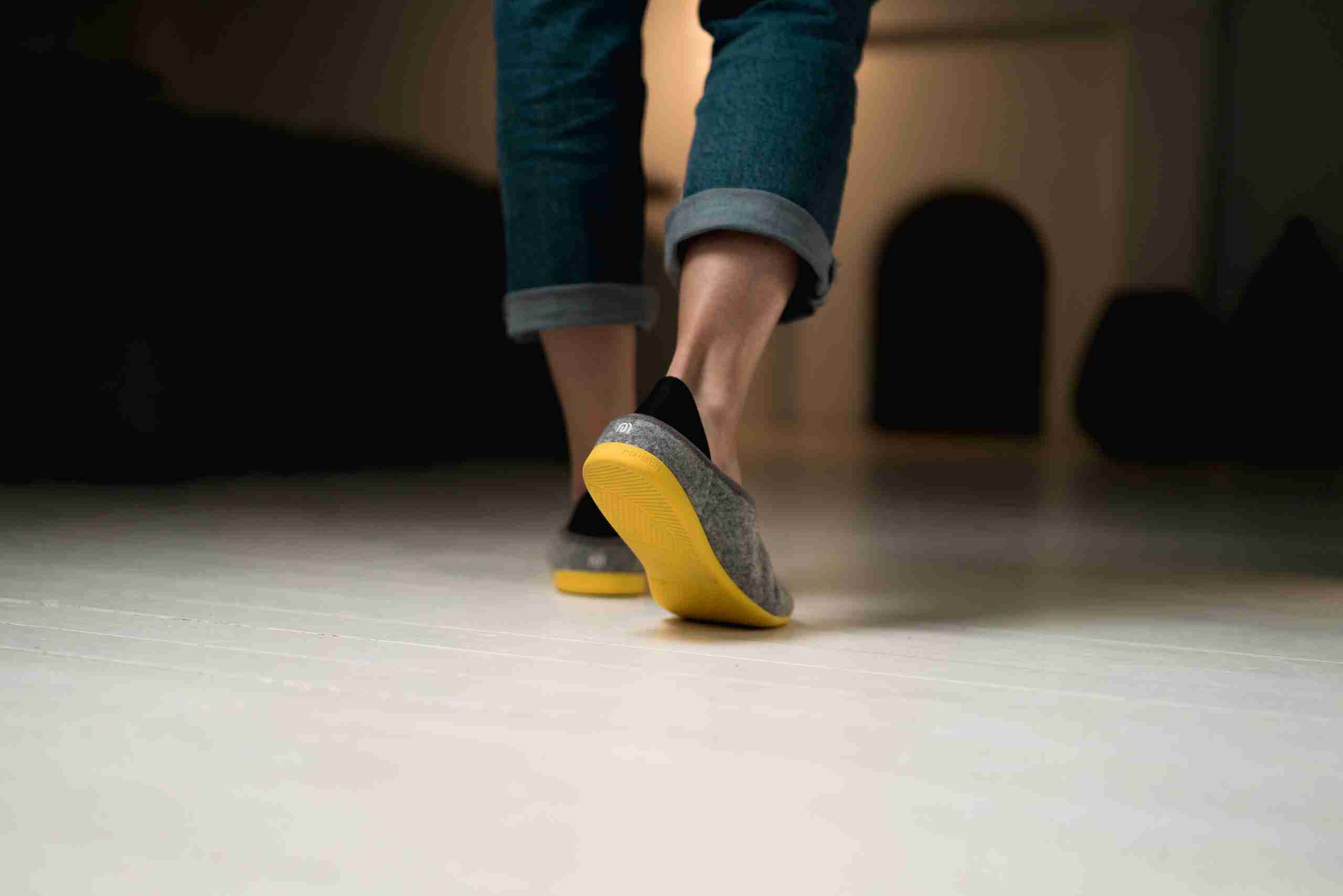
Wearing the right type of shoes is crucial for maintaining healthy and comfortable feet, especially for those with foot conditions. With so many different types of shoes available, it can be challenging to know which ones are best for your specific foot condition. Let’s discuss the different shoes for different foot conditions.
Flat Feet
Flat feet, also known as fallen arches, can cause pain and discomfort in the feet, legs, and lower back. People with flat feet should look for shoes that provide extra support and stability. Shoes with arch support, such as those with a contoured footbed or custom orthotics, can help alleviate pain and prevent further damage to the feet.
High Arches
High arches can cause the feet to roll outward, putting pressure on the heels and balls of the feet. People with high arches should look for shoes with cushioning and shock absorption, such as those with a padded sole or air-cushioned midsole. Shoes with a flexible sole can also help reduce pressure on the feet.
Plantar Fasciitis
Plantar fasciitis is a common foot condition that causes pain and inflammation in the plantar fascia. People with plantar fasciitis should look for shoes with excellent arch support, a cushioned sole, and a deep heel cup. Shoes with a rocker bottom can also help reduce stress on the plantar fascia.
Bunions
Bunions are bony bumps that form on the joint at the base of the big toe. People with bunions should look for shoes with a wide and deep toe box, allowing the toes to move freely without rubbing against the shoes. Shoes with a soft, flexible upper and a low heel can also help reduce pressure on the feet.
Hammer Toes
Hammer toes are a deformity in which the toes bend downward at the middle joint, causing pain and discomfort. People with hammer toes should look for shoes with a roomy and deep toe box, allowing the toes to stretch out and relax. Shoes with a soft, flexible upper and a low heel can also help reduce pressure on the toes.
Neuropathy
Neuropathy is a condition that affects the nerves in the feet, causing numbness, tingling, and pain. People with neuropathy should look for shoes with a cushioned sole, excellent shock absorption, and a wide and deep toe box. Shoes with a low heel and a slip-resistant sole can also help prevent falls and injuries.
Diabetic Feet
Diabetic feet are at risk of developing ulcers and infections due to poor circulation and nerve damage. People with diabetic feet should look for shoes with a cushioned sole, excellent shock absorption, and a wide and deep toe box. Shoes with a soft, flexible upper, and a seamless interior can help prevent irritation and blisters.
Wearing the right type of shoes is essential for maintaining healthy and comfortable feet, especially for those with foot conditions. People with flat feet, high arches, plantar fasciitis, bunions, hammer toes, neuropathy, and diabetic feet should look for shoes that provide extra support, cushioning, and flexibility. It is crucial to consult with a healthcare professional or a certified shoe fitter to ensure you are choosing the right shoes for your specific foot condition.
Don’t wait any longer to take care of your feet. Schedule a consultation with our team today and start your journey to happier, healthier feet. Whether you’re a serious athlete or just looking to stay active and pain-free, Houston Shockwave has the expertise and experience to help you reach your goals.
